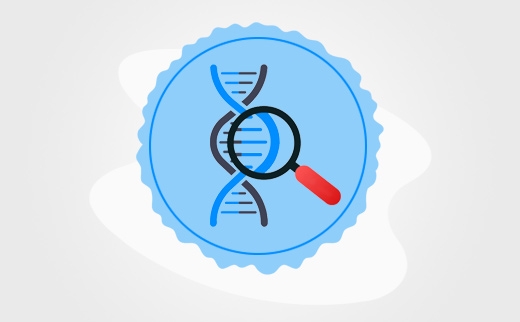
Preimplantation genetic testing (PGT) is the genetic examination of the embryo where a tissue biopsy is taken from developing blastocysts stage embryos and sent to genetic lab for analysis to test genetic abnormalities.
PGT mainly done for 3 purposes:
Preimplantation genetic testing for aneuploidies (PGT-A): Gives information about embryos’ genetic health to help us to select the best embryo for transfer and improve your chance of achieving a successful pregnancy. PGT-A was formerly known as PGS, preimplantation genetic screening.
All women are at risk of producing chromosomally abnormal embryos. Embryos with the incorrect number of chromosomes (also called aneuploid embryos) typically do not result in a successful pregnancy or may lead to the birth of a child with a genetic condition. As a woman ages, the potential for chromosomally abnormal embryos significantly increases, regardless of the number of embryos produced. Embryos with the correct number of chromosomes (also called euploid embryos) have a better chance of leading to a successful pregnancy. Euploid embryos have higher odds of achieving a successful pregnancy. It is also often used to choose the sex of the anticipated child.
Monogenic/single gene defects (PGT-M), PGT-M is used to identified embryos that have a specific genetic disease. PGT-M for essentially any single gene disorder for which the mutation is known, including very rare conditions.
Chromosomal structural rearrangements (PGT-SR): Balanced structural chromosome rearrangements are the most frequent chromosomal abnormalities in the general population. The most common structural chromosome rearrangements are reciprocal translocations, Robertsonian translocations and inversions.
Although balanced carriers of these abnormalities are phenotypically normal, they have an increased risk of fertility problems, recurrent miscarriages and producing offspring with congenital abnormalities and cognitive impairment.
We left the troubled days of 3 years behind on the occasion of my doctor Turhan. Thank God, we have our baby in our arms, now it is 5 months old. I thank you for everything....